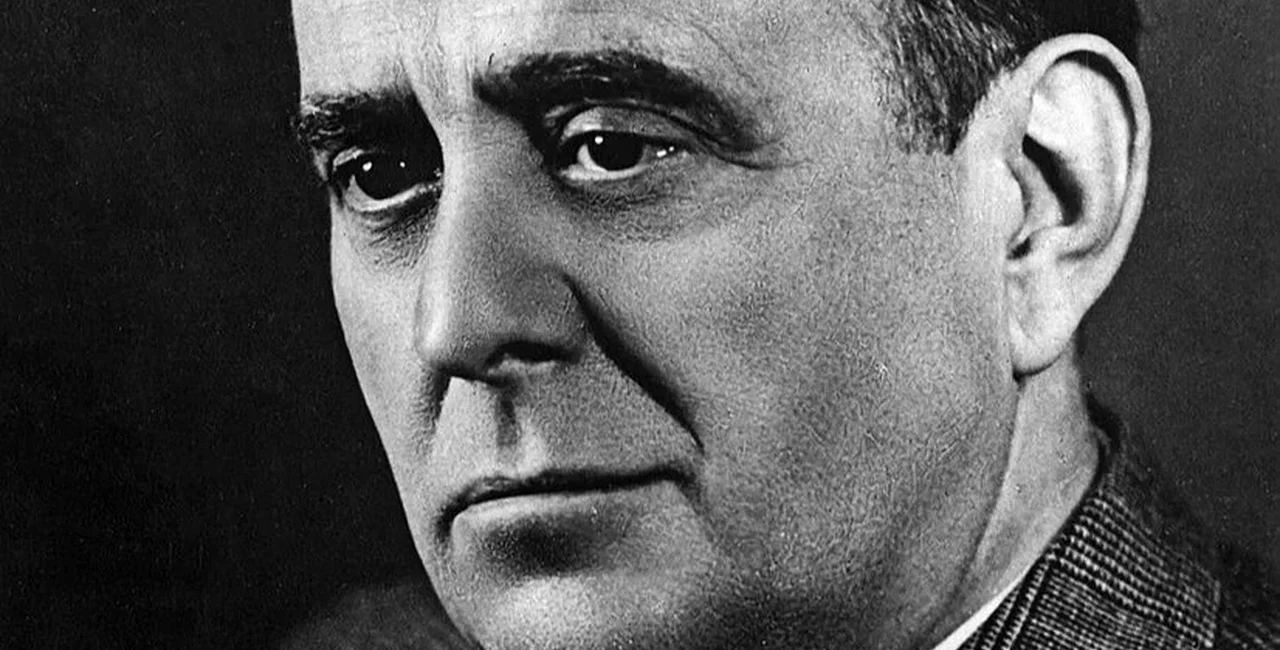Czech police have reopened the investigation into the 1948 death of former Foreign Minister Jan Masaryk, long believed to be a suicide. However, new documents from diplomatic archives in France, the United States, and Great Britain suggest he may have been murdered, prompting the Office for Documentation and Investigation of Crimes of Communism to take another look at the case.
The police announced the development on their website this week, stating that they aim to compare the new information with previous findings and uncover any fresh leads. The Foreign Ministry obtained the archives last August, according to the news site Aktualne.cz.
Masaryk, the first post-war Foreign Minister, died on March 10, 1948, after falling from the window of his official apartment in Prague’s Czernin Palace. His death has remained the subject of intense speculation. A 2001–2003 investigation leaned toward the theory that he was assassinated. Over the years, numerous experts and inquiries have examined the case, but none have conclusively proven whether it was suicide, murder, or an accident.

Prosecutors last closed the case in March 2021, unable to reach a definitive conclusion. Now, the police have reopened it as a suspected homicide. The Municipal Prosecutor’s Office has been informed.
The push to revisit the case came from Pavel Žáček (ODS), chairman of the parliamentary security committee. Foreign Minister Jan Lipavský (unaffiliated) instructed Czech embassies in the three aforementioned countries to gather documents related to Masaryk’s death.
Foul play suspected in fatal fall
One document, cited by Aktualne.cz, claims Masaryk had a heated argument with three men before his death.
"I won’t do this for you. I’ll sign everything, but not this. I’ll do everything, but this will only happen over my dead body!” he allegedly shouted on the evening of March 9, 1948. The source of this account is Bohumil Přihoda, Masaryk’s butler at the time, who reportedly relayed it to another individual.
British intelligence allegedly received a tip that Masaryk had been injected with a lethal dose of cyanide before being thrown out of the window. Meanwhile, a secret dispatch from the U.S. embassy in London, dated April 5, 1948, presents another theory.
Masaryk wanted to flee Czechoslovakia
The dispatch states that Masaryk had written to an American acquaintance in Prague, expressing his intent to flee Czechoslovakia. The Communists reportedly intercepted the message and confronted the recipient before she could destroy it. Soon after, several Russian and Czech agents visited Masaryk. His body was later found in the courtyard with bruises on his neck—an injury not mentioned in the official autopsy report.
Jan Masaryk (1886–1948) was the son of Czechoslovakia’s first president, T. G. Masaryk. A career diplomat, he became foreign minister in 1940 for the London-based government-in-exile and retained the position after the war, serving in the cabinets of Zdeněk Fierlinger and Klement Gottwald.
Unlike other non-communist ministers, he did not resign in February 1948. Following the communist coup and the collapse of democracy, he planned to settle in London and start a new life. Instead, he died under mysterious circumstances on the night of March 10, 1948.












 Reading time: 2 minutes
Reading time: 2 minutes 


























